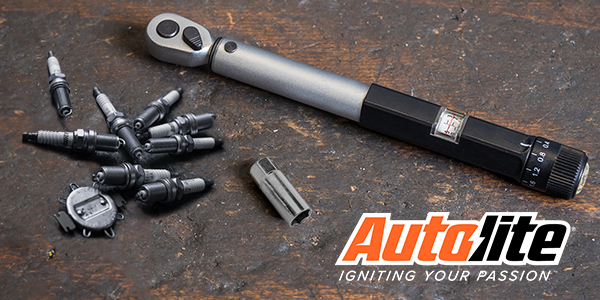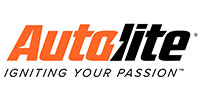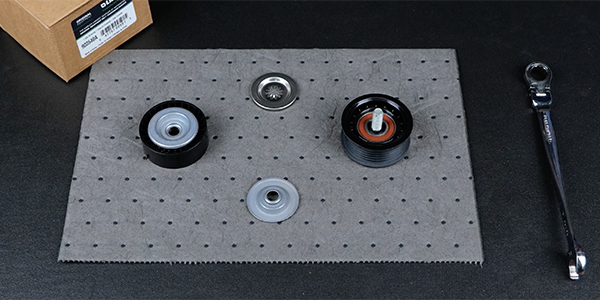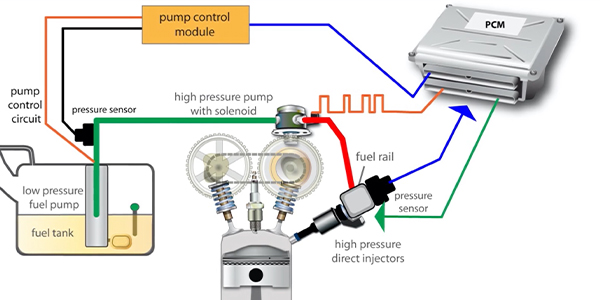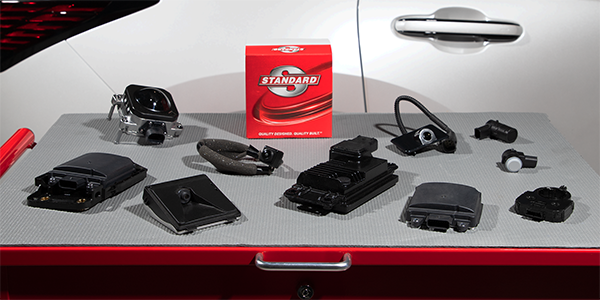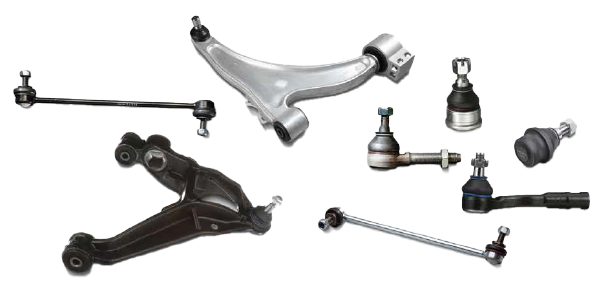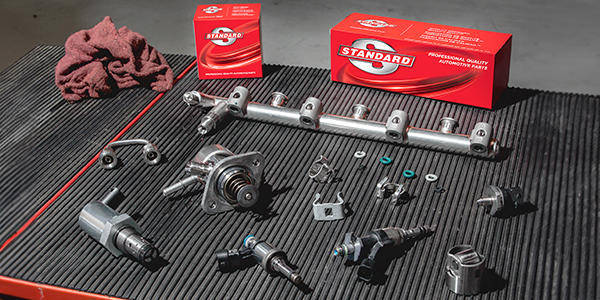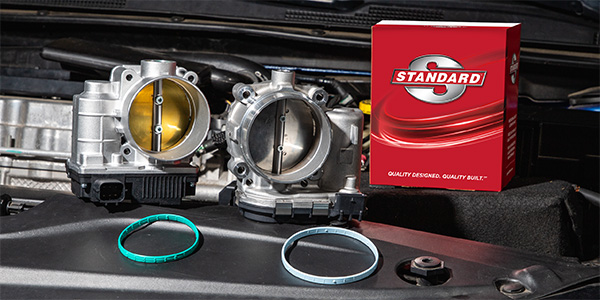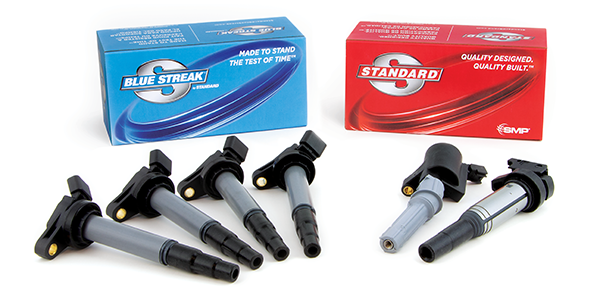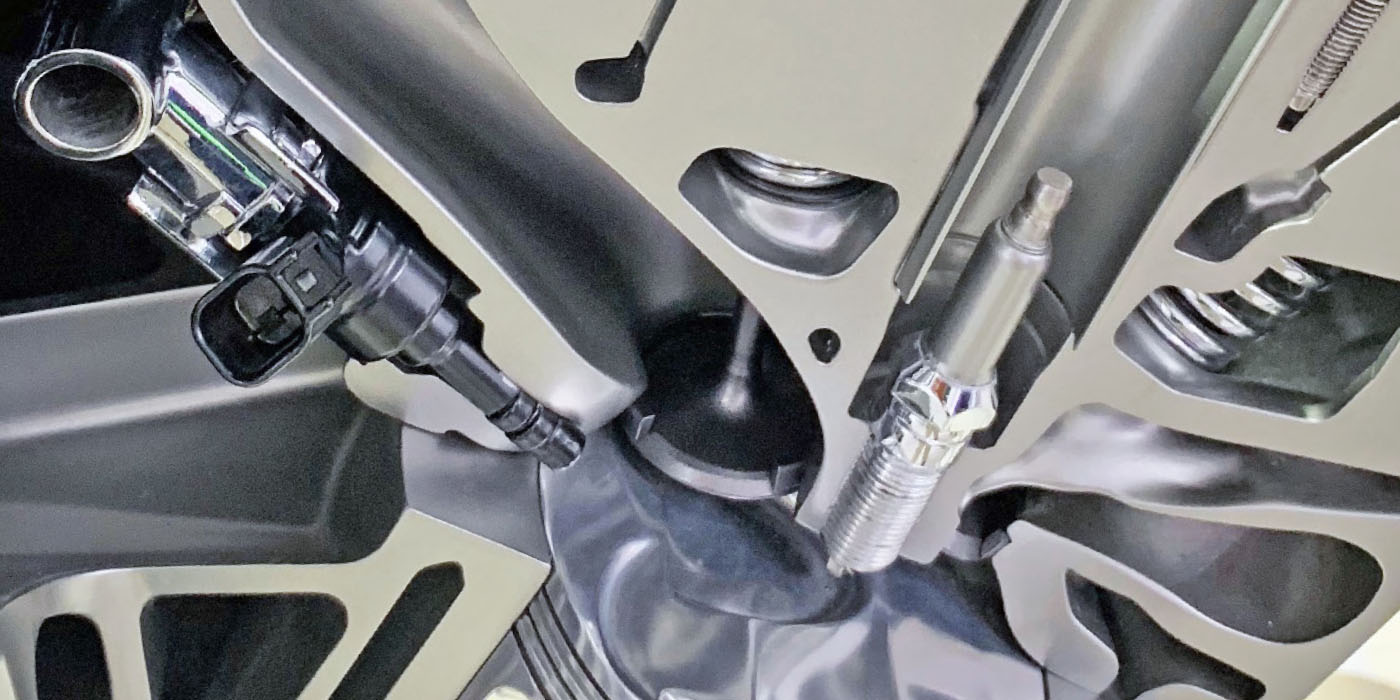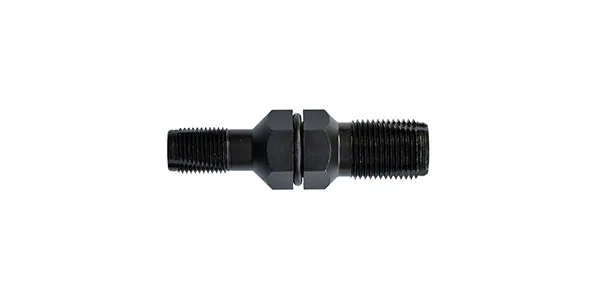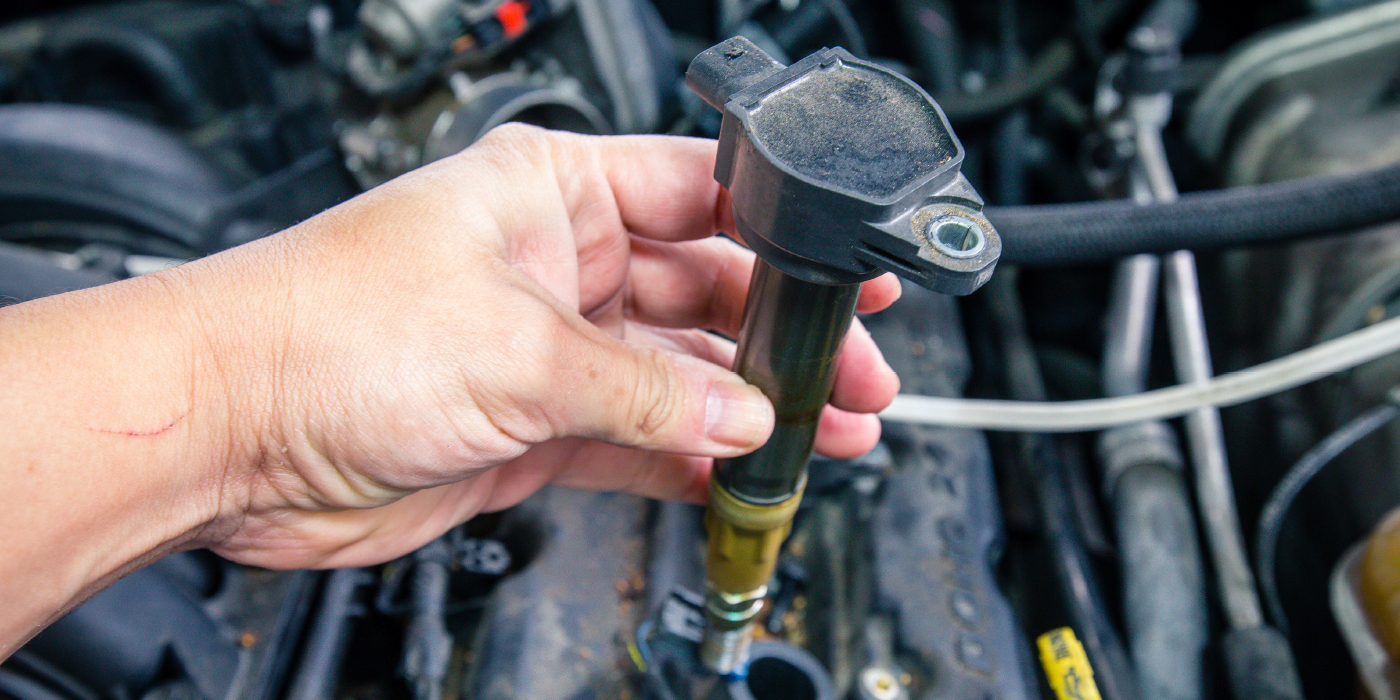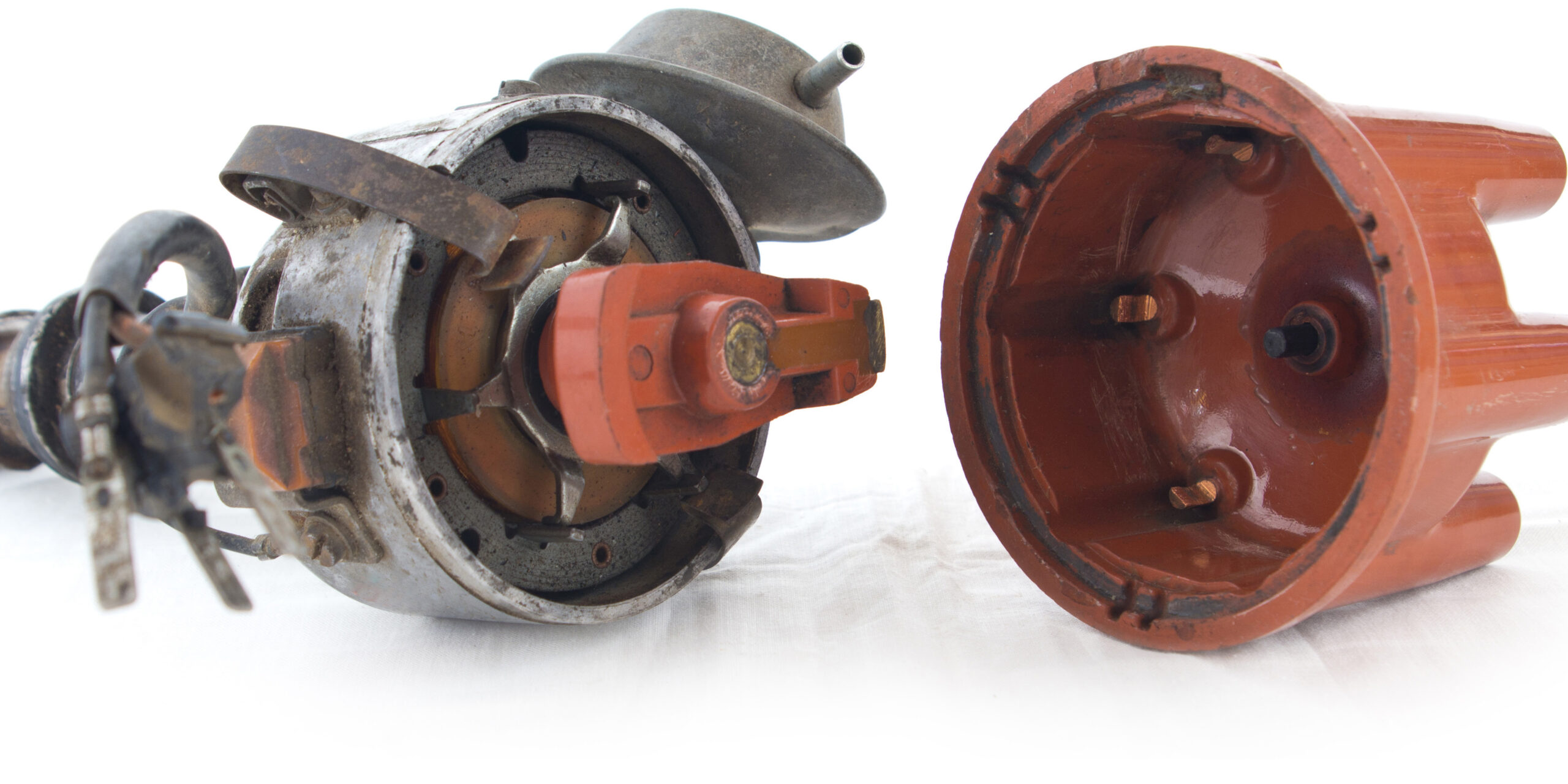Whenever you install new spark plugs in your vehicle’s engine, there are some crucial considerations to keep in mind.
For those who have installed plugs before, proper plug gapping usually comes to mind first. But another important factor in getting the most out of a new set of spark plugs is to precisely torque them into the engine header, taking care not to under or overtighten them.
Getting Torque Specs Right is Crucial
Spark plugs are precision-made products, which means you should always follow the manufacturer’s factory specifications for installation.
Although several evolutions in engineering have significantly advanced spark plug metallurgy and efficiency over the years, those improvements cannot prevent the damage caused by improper installation.
Under-torqueing vs. Over-torqueing
Even seasoned plug installers can fall into the habit of tightening down the plugs by feel. Unfortunately, this method can easily lead to either under-torquing or over-torquing.
If you don’t tighten the spark plugs down enough, they will not be properly seated in the cylinder head which reduces heat dissipation in the plug during the ignition cycle. This effect will cause overheating in the plug and can lead to significant malfunctions within the engine. Another factor contributing to
under-torqueing is if the spark plug holes are dirty. If you install the plug into a hole that is clogged with any debris, it will get in the threads and force the plug to seat improperly – even if your torque wrench is at the correct setting.
Over-torquing is equally as dangerous. It’s also easy to do, especially on many late-model domestic engines, due in part to recent trends in thread reach measurements.
Overtightening the plugs can cause the shell of the plug to stretch, which will break the gas seals and lead to pre-ignition, or detonation. Furthermore, too much torque can cause the ceramic insulator to become loose in the metal shell and possibly eject from the cylinder head while the engine is running.
To prevent such threats to your engine, checking the factory specs prior to installation is critical. This way, you can make certain your torque wrench is set correctly and eliminate the danger of improper torqueing.
Autolite® has been focused on developing spark plugs for over 85 years. We have done the research and put in the hours to enhance the performance, durability, and ignitability of plugs for domestic and import engines. Explore the benefits of our most advanced products like our iridium spark plugs at autolite.com.
This article was sponsored by Autolite. For more information, visit autolite.com.

